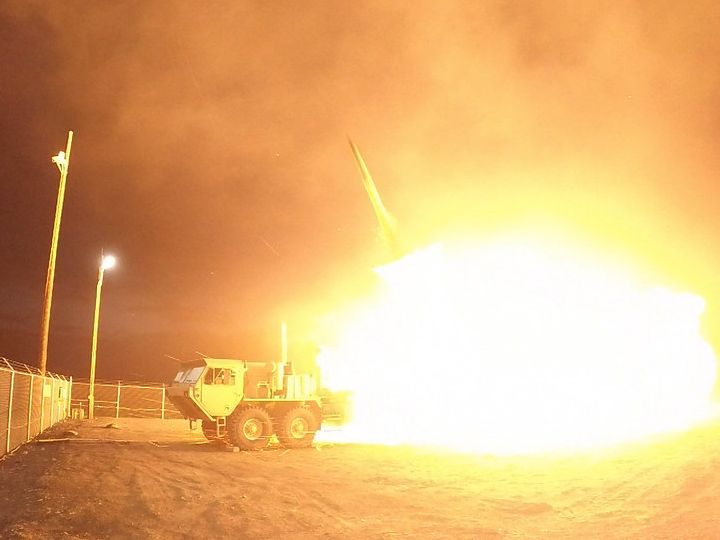Publications
Scientific publications
Readings & Reviews
Research axes
The collections
Scientific publications
Readings & Reviews
Research axes
The collections

The Evolution of Command and Control (C2) in Multi-Domain Operations
Over the past two decades, several states in competition with the United States have capitalized on advances in technology and are now capable of challenging U.S. operational dominance in all domains. To counter this threat, the United States and its allies have adopted a doctrine of “multi-domain operations”. The complexity of this new strategy requires advances in communications technology, evolution and adaptation of artificial intelligence, and an overhaul of current command structures and processes.

Offshore Balancing and Onshore Access, the role of coastal access in thalassocratic American culture
In American strategic culture, the balance between dominance of the open sea on the one hand and presence on distant shores on the other has been the dual foundation of naval thinking since its origins. The ambivalence present at the very heart of the work of Mahan, the most famous maritime and naval strategist in American history, bears significant witness to this. For the United States, Offshore balancing, a global political objective derived from this observation, remains inseparable from Onshore access on the shores of all continents.

Artificial Intelligence & Defense. What is at stake
Artificial intelligence is currently a “hot topic” in defense matters. This new technology simultaneously creates fears and sets high expectations. Despite the large amount of literature written about AI and defense, it is difficult to distinguish its true impacts and estimate when they could occur.

The Thought of John Boyd, an epistemological perspective
While John Boyd’s work is often summed up in the “OODA loop”, his contributions to the strategic thought are much broader. They include the modern air combat theorization or a thorough reflection on maneuver and command modes.
𝐎𝐜𝐭𝐨𝐛𝐞𝐫 𝟐𝟎𝟏𝟗

